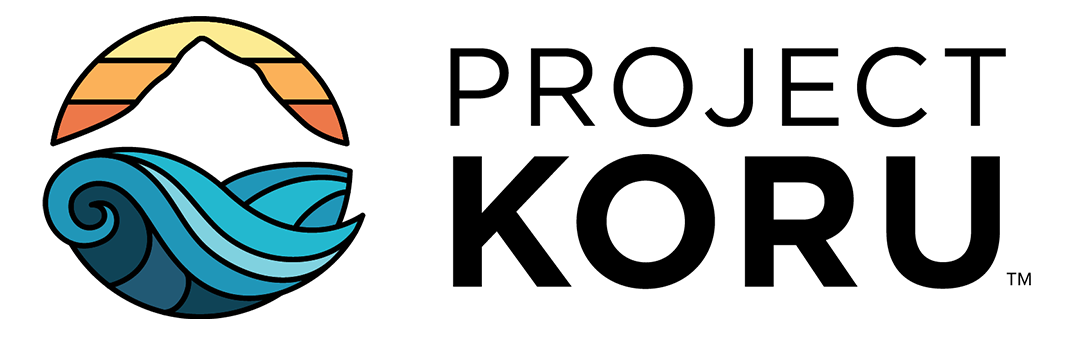Survivorship: The unseen and often forgotten aspect of cancer for young adults.
“The treatment was a success; there is no evidence of disease (NED)”... and then you are shown the door. Perhaps your hair starts to grow back, and maybe, if you’re lucky, you start to look or act normal again. Everyone takes a deep breath and gives out high-fives and hugs for making it through. Generally, most people want to find equilibrium in life, so now that things appear to be over, people act like it is. It's time to move on. However, this couldn’t be further from the truth for a lot of young adults experiencing cancer.
Survivorship is a messy, long-term, and often lonely experience.
First, let’s unpack "Survivor." Now, some people identify with this title, and some others may not. However one feels about the label, one common thread that I have noticed is that people often hear “young adult cancer survivor” and assume that the term implies that it's over, done, or finished. I can see a shift in their perceptions and, more importantly, their empathy when they understand this is a marathon, not a sprint. It is hard to find a word, a label, or a phrase that captures the complexities of what it means to be a young adult cancer survivor. I don’t blame them; I just want to educate them so we feel seen and validated for our lived experiences.
For Project Koru and others, we define a cancer survivor as someone who experiences a cancer diagnosis… period! It doesn’t matter what stage you are at or what type of interventions are needed to treat the disease, and it especially does not mean that you are cancer-free or out of the woods. At Project Koru, our survivors are people “living with and/or surviving cancer." For some people, it will never be over. For others, the risk of recurrence is high. Others might have years of side effects, physical or mental changes, or symptoms related to the cancer and aggressive treatments used to kill the disease that tries to kill them. We can spend years getting scans, blood tests, and visiting doctors to monitor us, watch for recurrence, and/or handle side effects from the treatment.
While all survivors face difficulties, young adult survivors must confront a unique set of challenges. This fact is rarely addressed, and unfortunately, neither the pediatric nor adult oncology systems are equipped to handle the needs of the AYA survivor population. Cancer may have spared these individuals their lives, but the scars left behind are often more severe than the treatment itself.
Research shows that the mental and emotional challenges often intensify after treatment, and the timing of a diagnosis couldn’t be worse. Young adult survivors not only grapple with the typical complexities of cancer—such as late effects, fear of recurrence, and mounting medical debt—but also the stressors of emerging adulthood, like establishing a career, planning a family, and forming a social identity. What should be a time of liberation and independence is suddenly traded for hospital visits, surgeries, radiation, and chemotherapy. The sense of possibility and the discovery are instead replaced by health complications and medical bills.
Amid all of this, young adult survivors often feel isolated, with no one to truly understand or offer empathetic support. Research shows that AYA survivors often experience a diminished quality of life, especially when it comes to social wellness and finding meaningful connections with peers. Yet, they are expected to return to “business as usual” or “life after cancer.” At Project Koru, we believe there is no such thing as “life after cancer"—there is only life.
Young adult survivors benefit from alternative therapies that incorporate aspects of their youth, the importance of peer connections, physical well-being, and a renewed connection with nature.
That is where Project Koru comes in. A program for survivors, run by survivors. We are an organization motivated by adventure, community, and empowerment. Through adventure, survivors can reclaim a body and mind alienated by cancer. Through community, we find empathy, healing, and growth as we rediscover ourselves in the context of the whole.
For those of you navigating survivorship, you are not alone. We see you; we ARE you. We’ve been there, and we ARE also still there.
You are not crazy for feeling the way you do. That spike of fear when something hurts and wondering if the cancer is back makes sense. Struggling to feel seen for who you are when hearing people congratulate you that you “did it” when it feels like you are still “doing it”. Trying to get back to the person you used to be while coming to terms with the person you are. When you are told you are a warrior, survivor, or thriver, but sometimes you just feel like you keep getting kicked in the mouth and are trying to stand back up. We see you and love you for all the messy, wonderful, painful, complicated, and beautiful things that make you who you are.
